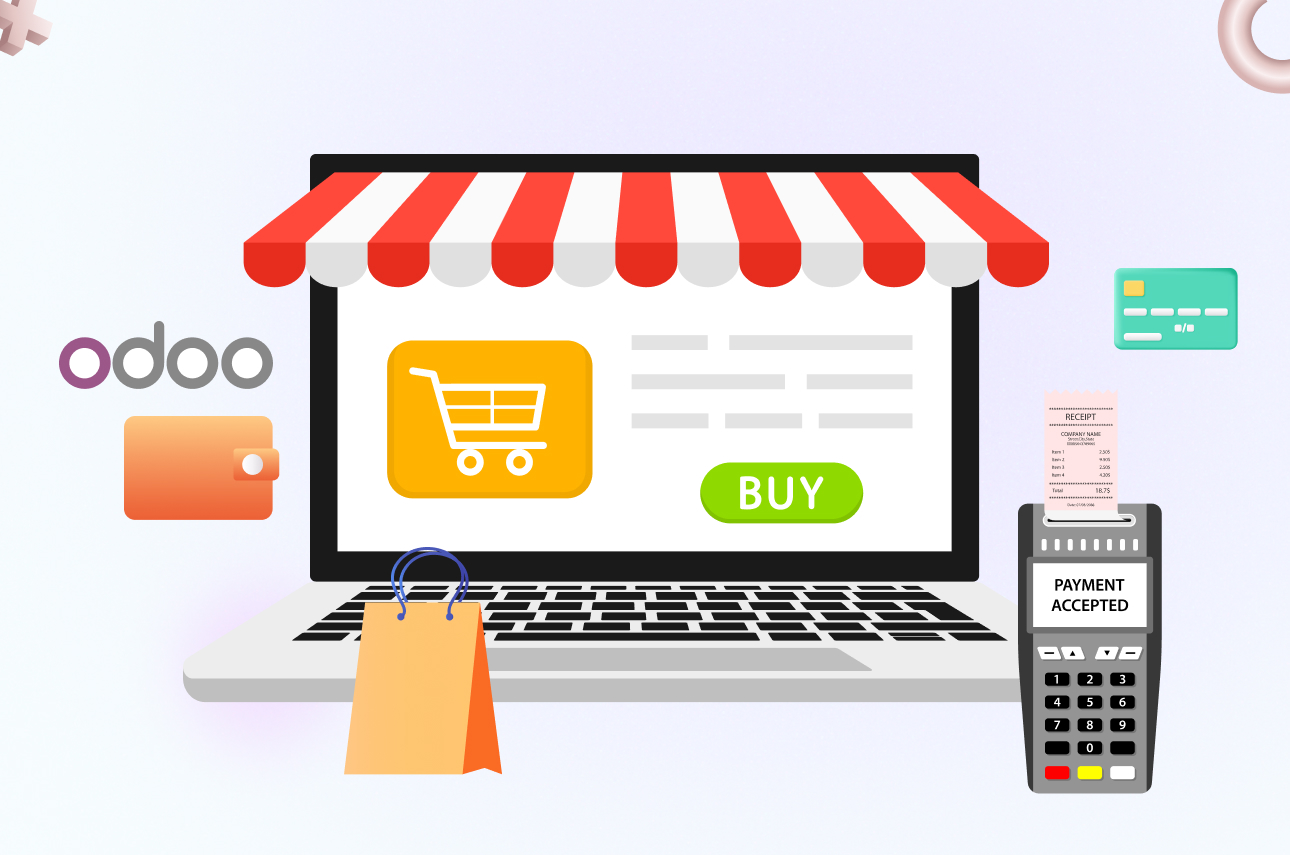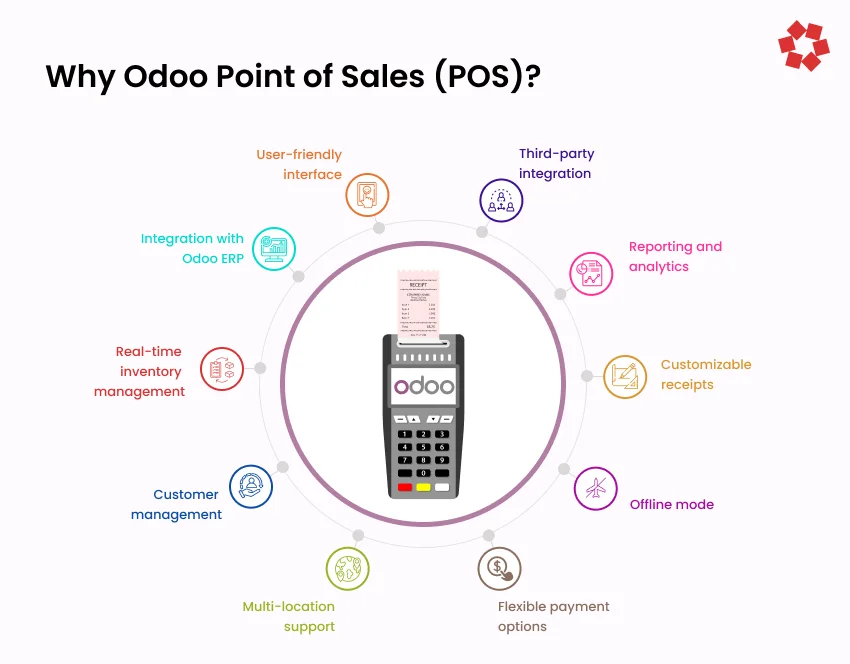Introduction
In the digital era where agility and accuracy are the keystones of commerce, the quest for an efficient Point of Sale system is not just a necessity but a game-changer for businesses aiming for ascendancy. Amidst the fierce tides of market competition, the Odoo Point of Sale (POS) system emerges as a beacon of transformation for sales processes, offering a blend of sophistication and simplicity that is unparalleled in the realm of retail operations.
As retailers seek to navigate the complexities of modern transactions, from inventory flux to customer engagement, Odoo POS stands ready as a formidable ally, equipped with the prowess to turn challenges into opportunities. With its intuitive design and robust capabilities, this system transcends traditional sales mechanisms, inviting businesses to step into a world where every sale is a step towards operational excellence.
Crafted with the precision of expert developers, Odoo POS is a testament to the innovation that defines Odoo Development Services. It embodies the synergy of comprehensive functionality and ease of use, ensuring that businesses can harness its full potential to catalyze growth and streamline their sales journey.
Prepare to embark on a narrative that unfolds the prowess of Odoo POS. From its foundational elements to the intricate dance of transactional efficiency, let us guide you through the digital alleys where every scan, click, and swipe is a testament to your business’s evolution.








